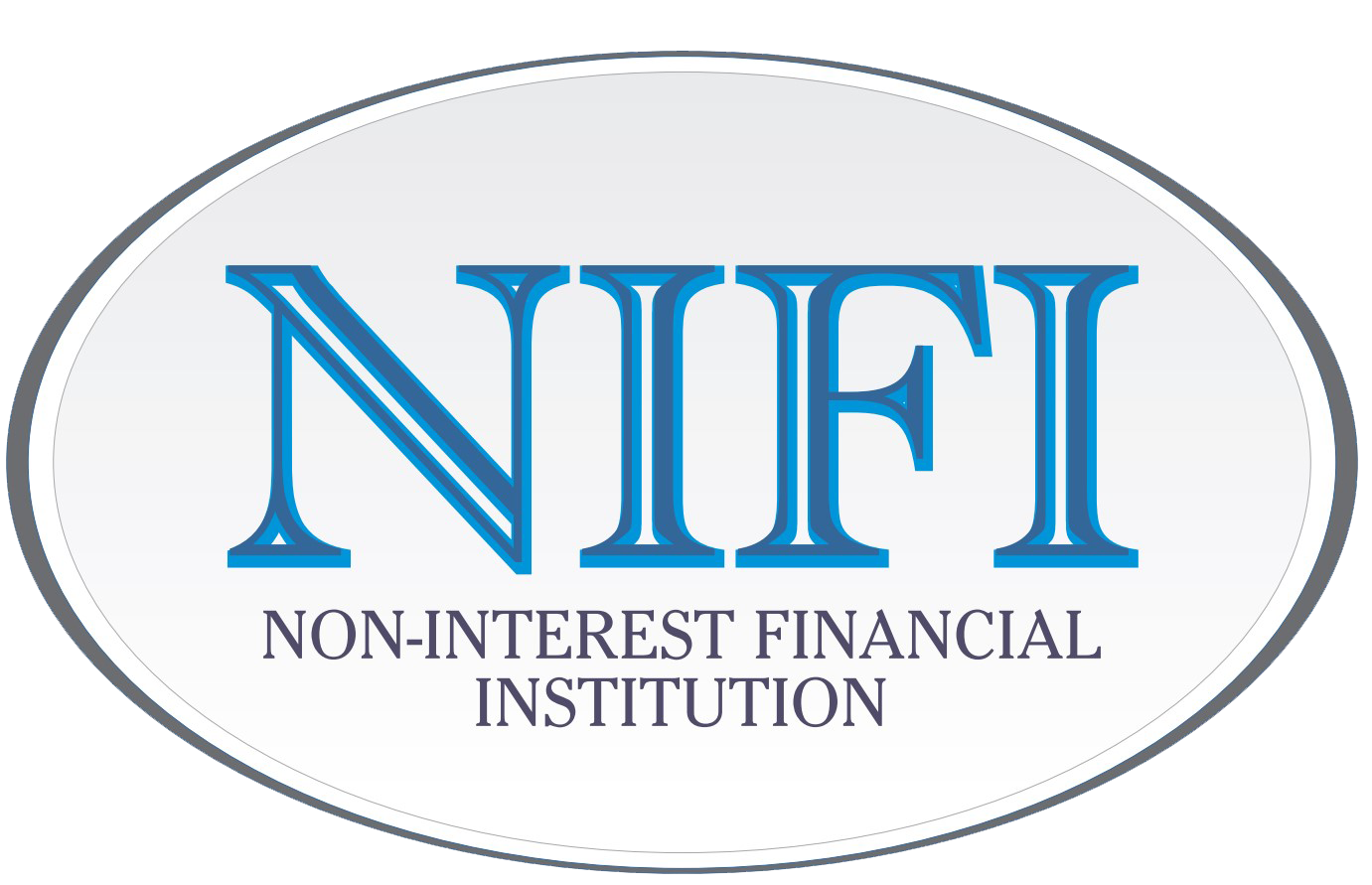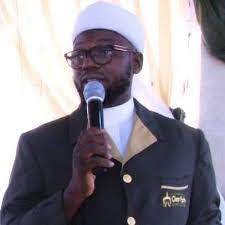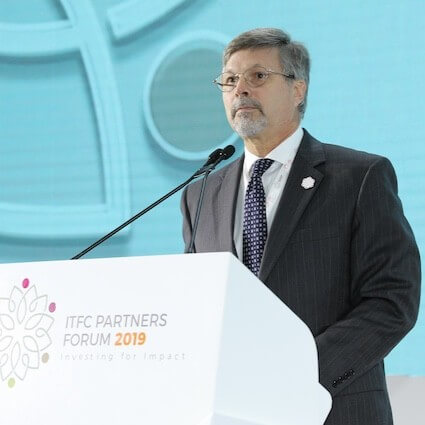Before diving into how to build an emergency fund, let’s clear up a common misconception: not everything urgent is an emergency. That 50% off sale at your favourite boutique? Not an emergency. Upgrading your iPhone 15 Pro to the 17 Pro Max? Also, not an emergency.
Don’t worry, we’ll show you how to afford those wants without touching your rainy-day savings. But first, let’s talk about what an emergency fund really is.
An emergency fund is money set aside specifically for unexpected, urgent expenses; medical bills, job loss, car repairs, or emergency travel. It’s not for sneakers, shawarma, or impulse buys. It’s your financial safety net.
According to BusinessDay, many Nigerians still struggle to build emergency funds due to low income, limited financial literacy, and lack of access to formal banking. But the good news? It’s possible to start, even on a tight budget.
Why Nigerians Need Emergency Funds in 2025
1. Inflation Still Bites: While inflation may have eased slightly, the cost of essentials like food, transport, and healthcare remains high. Without a buffer, one emergency can wipe out your entire monthly income.
2. Income Can Be Unpredictable: With unemployment still a concern and many relying on side hustles, a sudden loss of income can be destabilising. An emergency fund gives you breathing room while you figure things out. We had a conversation with someone who suddenly lost his job in 2019, we’ll call him Mr. S. He ended up being without a job for about 6 months, and in that time Mr. S didn’t have to borrow, if you’re wondering how, his emergency fund came to the rescue. It’s a season he hasn’t forgotten years after, and he’s grateful he had healthy money habits that saved him.
3. Health Emergencies Are Common: The General Household Survey shows health-related expenses are among the top shocks Nigerian households face. Even with insurance, some costs aren’t covered. Having funds set aside means you won’t need to borrow or delay treatment.
4. Climate Disasters Are Real: In October 2024, over 1.2 million people across 31 states were affected by flooding in Nigeria. Homes, farms, and livelihoods were lost. Emergency funds help you recover faster when disaster strikes.
How Much Should You Save?
Now that we agree that an emergency fund is a need-to-have, let’s talk about how much you need to save. Experts recommend saving 3–6 months of essential living expenses; this means that your emergency fund should be 3 to 6 times what your monthly living expenses is. Here’s a quick guide:
| Essential Monthly Expenses | Emergency Fund Target |
| ₦50,000 | ₦150,000 – ₦300,000 |
| ₦100,000 | ₦300,000 – ₦600,000 |
| ₦200,000 | ₦600,000 – ₦1,200,000 |
If this feels overwhelming, start with one month’s worth and build from there. For our high achievers, you don’t have to stop at 3 months of essential living expenses, you can put in as much as you want but remember that your emergency fund should not be your only savings. You can still save separately for goals like travel, education, or business.
How to Start Your Emergency Fund Today
1. Define What Counts as an Emergency: Before you begin, be honest with yourself. What qualifies as an emergency for you? Having clear boundaries helps you stay disciplined when temptation strikes.
2. Open a Separate Account: Keep your emergency fund away from your main account to avoid dipping into it. Use a savings account or investment option with easy access. You can open a Swift Savings Account on the Alt Bank app in minutes.
3. Start Small, Stay Consistent: Even ₦2,000 a month adds up to ₦24,000 a year. It’s not about how much you start with; it’s about staying consistent.
4. Automate Your Savings: The temptation to postpone manual savings gets high when bills and expenses pile up. Treat your emergency fund like a monthly bill. Set up automatic transfers so it happens without effort.
5. Cut Non-Essential Spending: Cook more at home, cancel unused subscriptions, and avoid impulse airtime or snack purchases. You can redirect those savings into your emergency fund.
6. Boost Your Income: Explore side gigs like freelancing, online sales, or small businesses. With extra income, you can grow your fund faster and still afford a few wants.
What Happens After You Use Your Emergency Fund?
Emergencies happen, and when they do, your emergency fund is there to catch you. But once you’ve used it, the next step is simple: rebuild it. You can use the 3 Rs Framework to rebuild:
1. Rebuild: Start replenishing your fund immediately. Redirect bonuses, windfalls, or extra income toward rebuilding your safety net.
2. Reprioritise: Cut back temporarily on non-essentials. Skip impulse buys and focus on needs until your fund is back on track.
3. Recommit: Set a new savings goal and automate it. Treat your emergency fund like a priority again, because it truly is.
How to Get Some of Your Wants Without Touching Your Emergency Fund
Now, here’s the part we promised earlier; how to still get the things you want without touching your emergency fund or draining all your cash at once.
Let’s say you’ve been eyeing a new fridge, smartphone, or washing machine. You need it, but dipping into your emergency fund isn’t an option.
That’s where AltMall comes in; our e-commerce platform that lets you shop for household appliances, gadgets, and lifestyle items without paying everything upfront. You can spread payments over time, access flexible financing options, and keep your emergency fund intact.
Whether it’s a laptop for work, a blender for your kitchen, or a phone upgrade, AltMall helps you shop smart, without financial stress.
Remember, an emergency fund isn’t just about money, it’s about peace of mind. It’s knowing you can handle life’s curveballs without panic.
Whether you’re a student, salary earner, entrepreneur, or side hustler, this is your gentle nudge to pursue financial stability, and it can start with one simple habit; saving for emergencies.
So, if you haven’t started your emergency fund yet, today’s a great day to begin. And if you’re already on the journey, keep going. You’re building something powerful.



